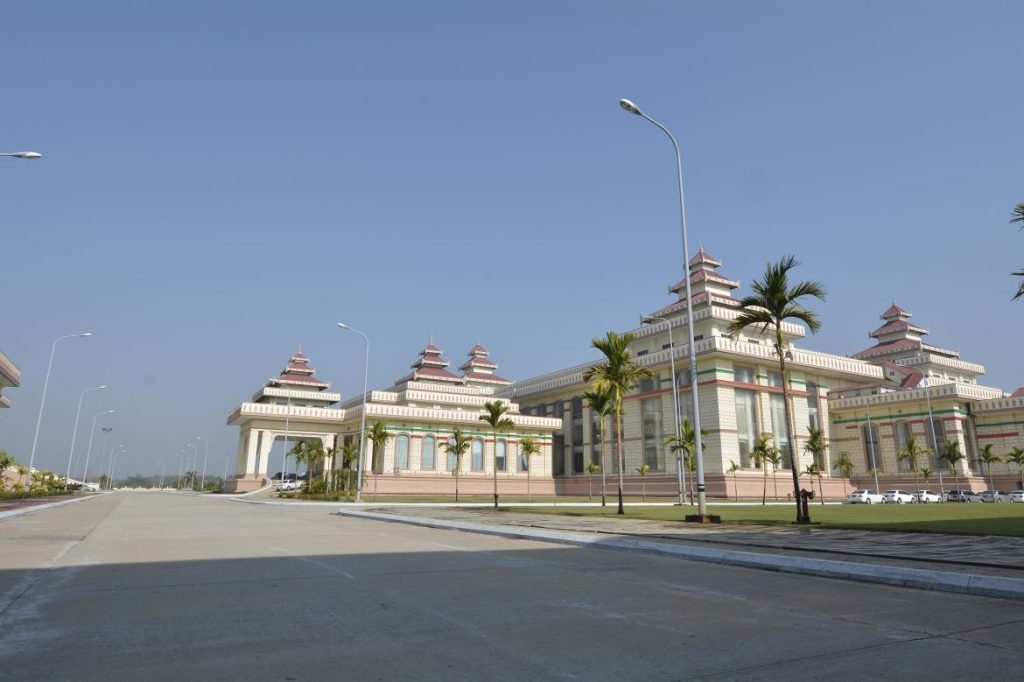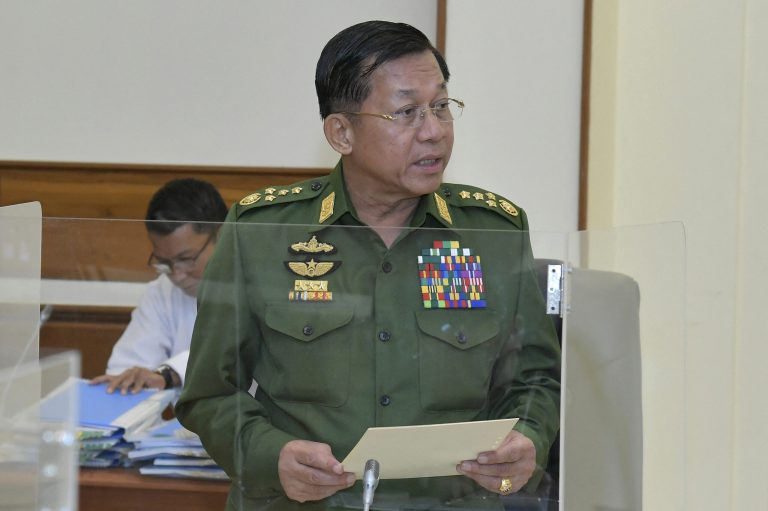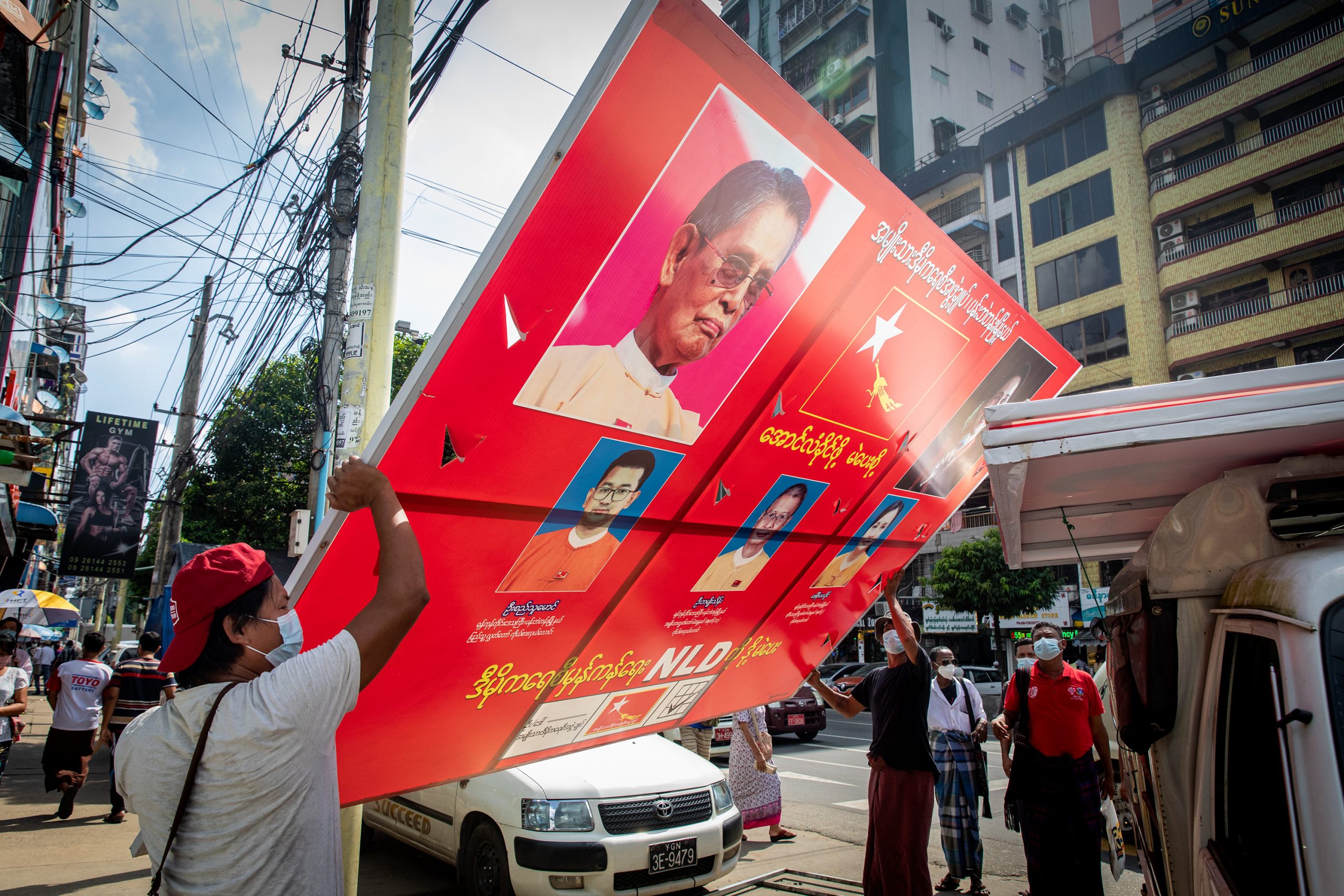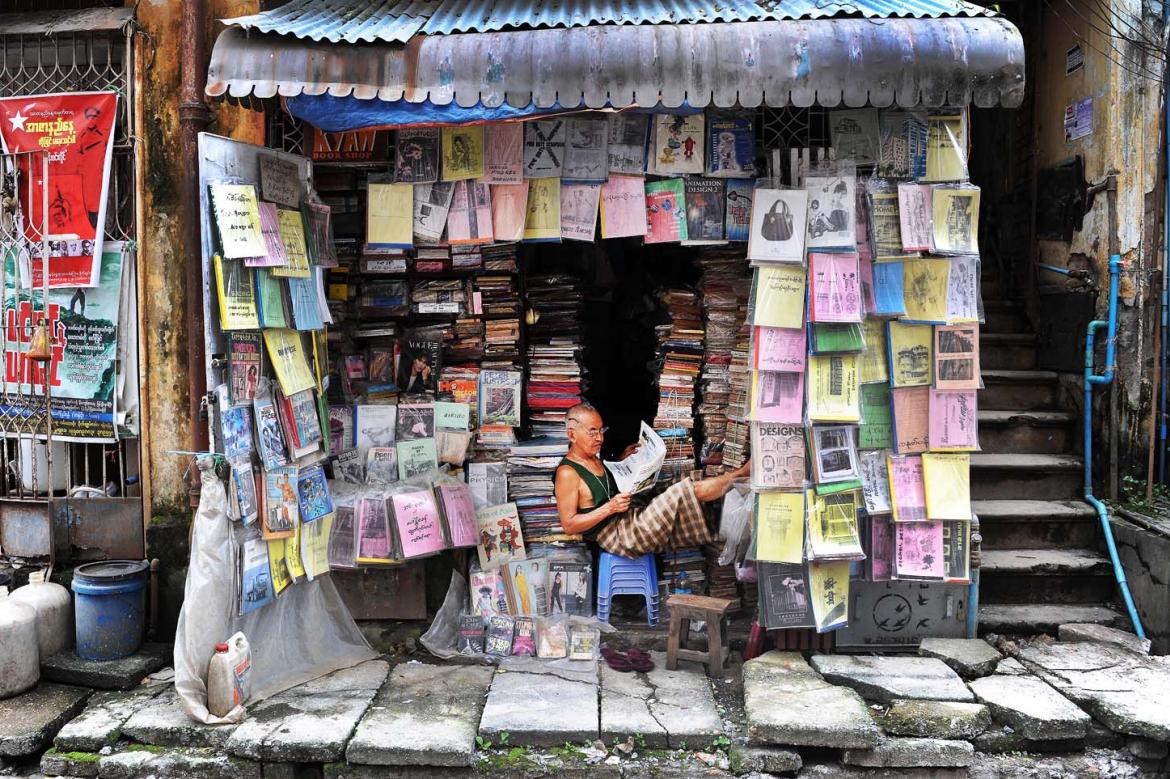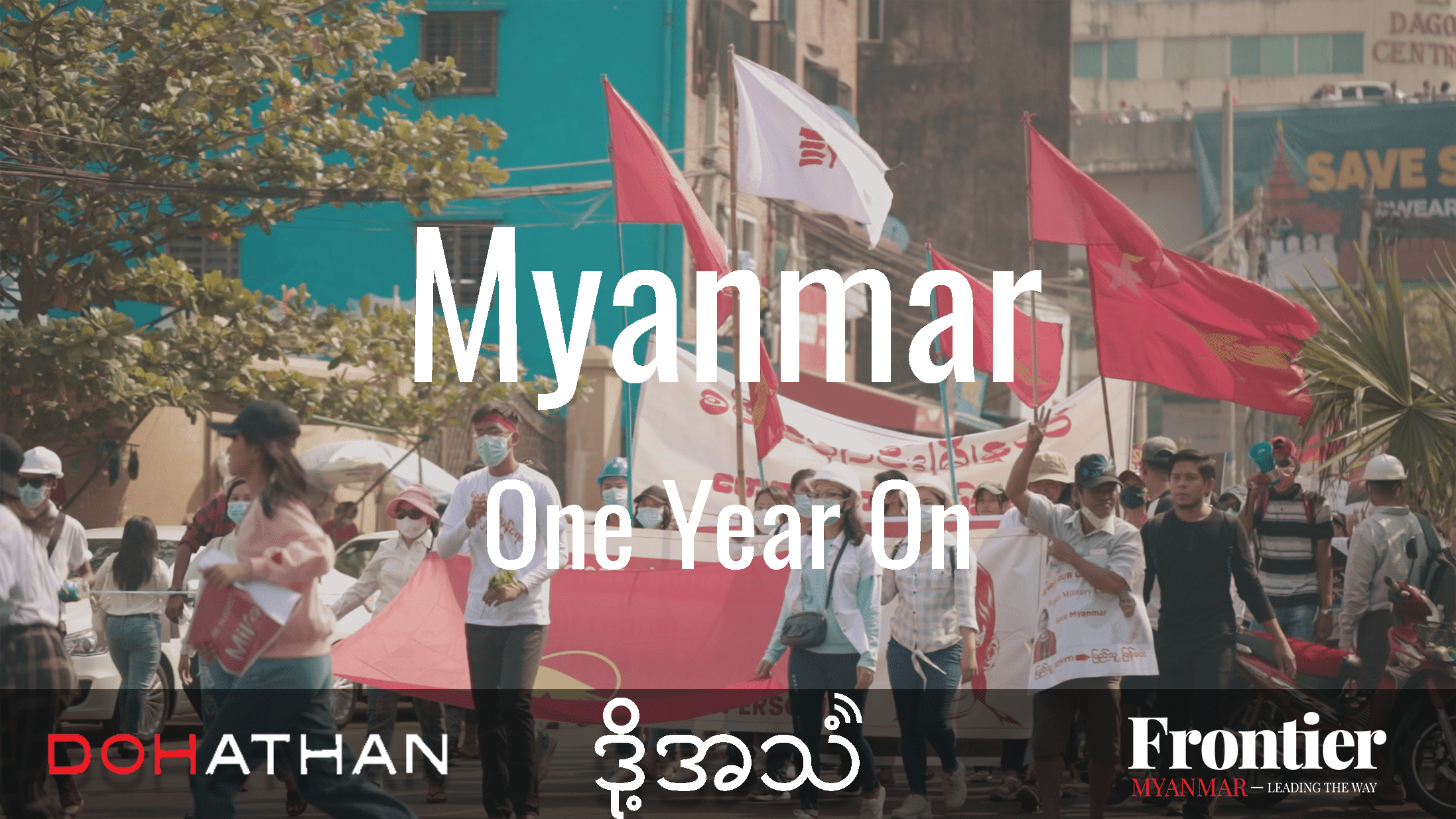By NYAN HLAING LYNN | FRONTIER
NAY PYI TAW — The office of the Pyidaungsu Hluttaw has threatened to take legal action against the Open Myanmar Initiative if it does not apologise for claiming the government had ignored amendments to a law passed two years ago.
A July report by OMI said amendments in June 2015 to the Constitutional Tribunal Law had not been gazetted or otherwise included in lists of enacted laws. The parliamentary watchdog group held a press conference on August 3 to explain its findings to the media.
In dispute was a single change to section 11 of the 2010 law, which outlines the circumstances in which the tribunal’s chairperson can participate as a candidate in election campaigns.
The amendment would have excised the word “party” from the clause, in an apparent move to stop incumbent tribunal chairs from coordinating with political parties during election campaigns.
Support more independent journalism like this. Sign up to be a Frontier member.
After the amendment was passed by both houses of parliament on July 13, then-President U Thein Sein sent the bill back to parliament for review, suggesting it should not be enacted in its current form.
According to the parliamentary record, former Pyidaungsu Hluttaw Speaker U Shwe Mann said the amendment would be debated again at a future date.
Then on August 25, OMI’s report claimed, the president’s comments were considered by the hluttaw and the bill was sent back to Thein Sein’s office a second time for enactment.
If the law was sent to Thein Sein’s office again and not gazetted, it would amount to a breach of section 106 of Myanmar’s constitution. Under that clause, a law sent back to parliament for review by the President’s Office is considered in force seven days after it is re-considered by the parliament, regardless of whether it has been signed by the president.
Parliamentary officials say, however, that the parliament never resolved to send the bill to Thein Sein’s office a second time.
In a statement on Thursday, three weeks after OMI’s press conference, director-general of the Pyidaungsu Hluttaw office U Kyaw Soe said the parliament had resolved at the time not to pursue the amendment further.
“In view of the comment of the president, the Pyidaungsu Hluttaw decided that it was a draft bill that does not need to be enacted into a law,” he said.
The statement demanded OMI hold a press conference to retract its report and promise to send a letter of apology to Kyaw Soe’s office by August 31, or face unspecified “legal action”.
But U Htin Kyaw Aye, OMI’s research director, said the parliamentary record showed the amendments should be taken as enacted.
“We have considered that in light of two statements by [Shwe Mann], it must be announced as a law,” he said.
Htin Kyaw Aye said his organisation had no intention of apologising but would release a statement explaining their position in the coming days.
Mr Sean Bain, a legal consultant in Yangon for the International Commission of Jurists, said the squabble reflected continuing difficulties in accessing information on parliamentary activities.
“Ultimately it is the job of government to enable access to this information,” he said. “The Hluttaw Office could better support transparency in governance by improving public access to laws, rather than threatening legal action against civil society groups who seek to address this information deficit.”
Established in 2013, OMI has published more than a dozen research projects on parliamentary activities in the years since.
Its advisory board members include some of Myanmar’s most prominent civil society figures, including 88 Generation member U Ko Ko Gyi, Assistance Association for Political Prisoners joint secretary U Bo Kyi, and former Yangon Region lawmaker Daw Nyo Nyo Thin.
Additional reporting by Sean Gleeson in Yangon.


